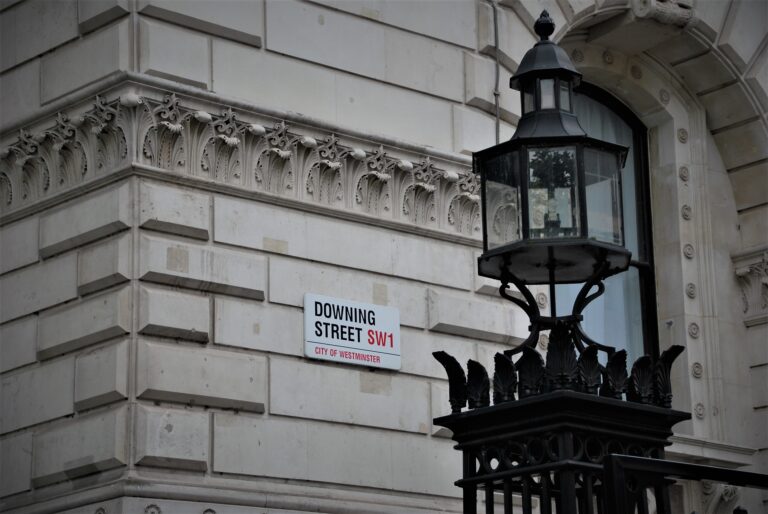Following Rishi Sunak’s autumn budget announcement today [28 October], various transportation organisations have commented on what the chancellor’s plans mean for the industry.
The chancellor has guaranteed to spend £5.7bn for London-style transport systems across city regions. Greater Manchester and the West Midlands will receive £1bn each and West Yorkshire will see £830 million of funding over the next five years, as part of City Region Sustainable Transport Settlements.
“The chancellor committed to “London-style transport” settlements in the rest of the country, but ‘London-style’ risks becoming code for slashed services and cancelled investment unless Transport for London gets the sustainable funding deal it needs,” said Nick Bowes, chief executive at Centre for London.
“A world-class public transport system is critical to London’s competitiveness. And any deterioration of TfL’s services would undermine the competitiveness of the city and harm the contribution London makes to the nation’s coffers.”
Sunak also pledged £5bn for cycling infrastructure, with the same amount also to be spent on local minor roads. While £21bn has been promised for roads in general and £46bn for railways.
Commenting on the transport investment announced in the budget, Grant Klein, transport partner at PwC, said: “The transport spending plans will fill in some critical gaps in transport service in England’s city regions. It’s a really positive endorsement of the growing capability within these cities and Combined Authorities to make their cases for large scale investment.
“Having navigated the first hurdle, it’s vital now that they follow through in developing the detailed plans and set out how they can deliver in a way that will help the local economy, provide valuable services for the travelling public and contribute to reducing the carbon impact of transport.”
Additionally, the planned rise in fuel duty has been cancelled, remaining frozen at 57.95p per litre. The chancellor recognised that fuel prices are at the highest level in eight years and said he was “not prepared to add to the squeeze on families and small businesses”.
The autumn budget will see £3bn invested in bus services, with the aim of improving infrastructure, fares and services.
It also confirmed £355m in new funding for zero-emission buses, and an allocation of £70m funding to deliver zero-emission buses and related infrastructure in Warrington, Leicester, Milton Keynes, Kent, Cambridgeshire and Peterborough.
Bus operator The Go-Ahead Group welcomed news of additional funding, but called for a clear roadmap for decarbonisation of the national bus fleet.
Martin Dean, managing director, business development at The Go-Ahead Group, said: “Buses are a green mode of transport and with COP26 looming, we’re glad that the government is committing more funding to electric vehicles.
“But to make the transition to low-carbon buses financially sustainable, the industry needs to sell more tickets. More bus lanes and bus priority schemes are vital in improving frequencies and speeding up journey times, which will encourage people to leave their cars at home.
“This is a once in a generation shift in transport technology – and that means a clear long-term roadmap is needed for decarbonisation of the national bus fleet.”





